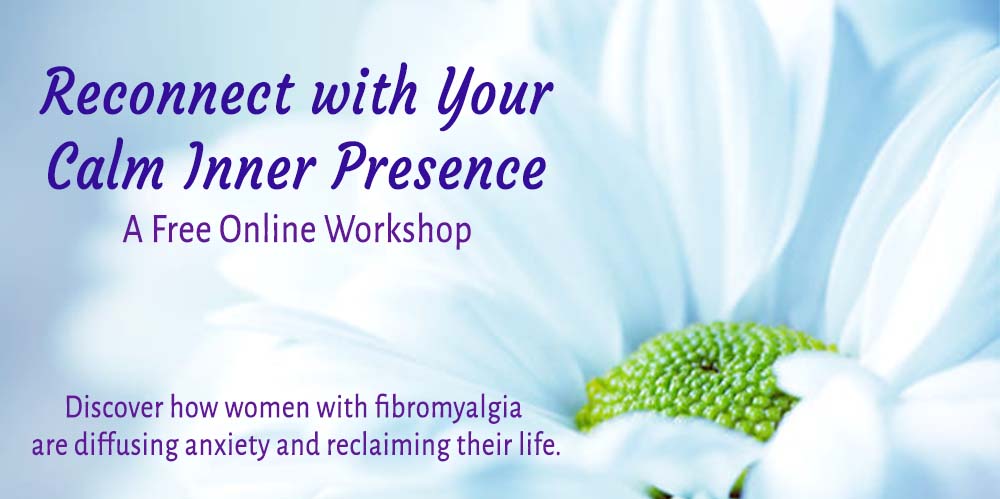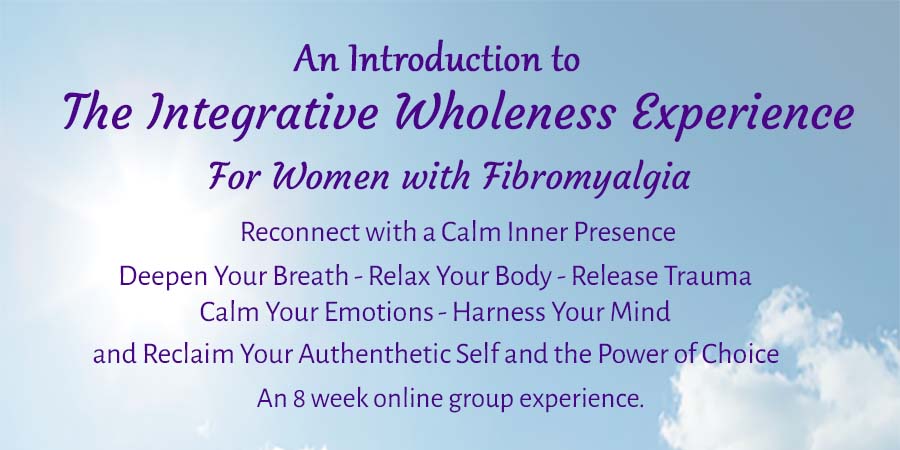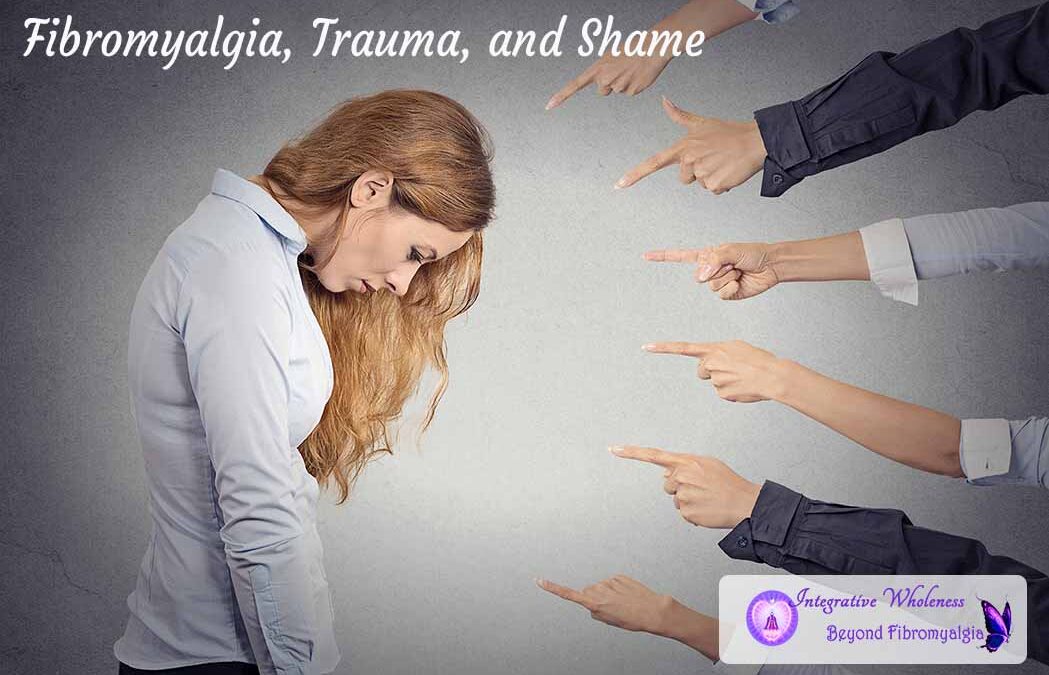Do you ever feel like you can’t do anything right?
Do you feel like nobody likes you?
Do you criticize yourself?
Do you fail to stand up for yourself?
Do you ‘what if’ yourself related to past regrets?
Are you ashamed because you have fibromyalgia?
These are all symptoms of shame.
And shame is one of the symptoms of trauma. Shame is a result of trauma.
Guilt says we have done something wrong.
Shame says that we are wrong, that there is something inherently wrong with who we are. We don’t deserve respect. We don’t deserve love. Sometimes that we shouldn’t even exist.
Childhood Shame
Childhood shame is particularly invasive. Especially if we had a parent who physically, mentally or emotionally abused us. Or neglected us.
The shame becomes part of our identity. It influences every aspect of our lives. Our careers, our relationships, our sense of family, our parenting.
It can seem that nothing goes quite right no matter how hard we try. If something does go right, it doesn’t last.

Adult Trauma
Even adult trauma can create the wound of shame. We can feel that an accident or illness is our fault. That we did something wrong or could have prevented it. That is where the “if only’s” come into play.
That isn’t real. It isn’t your fault.
Moving Beyond Shame
I think that shame is one of the most difficult things to overcome in our lives. But with patience and persistence we can over come shame or at least take the edge off of it. And most importantly, not let it control our lives.
First and foremost, we need to acknowledge the shame. Recognize that there is a part of us who feels undeserving, unlovable and simply wrong.
The next step is to embrace that part of yourself with compassion. To give that part what you didn’t get as a child . . . unconditional love. Even the part that can’t fully love and accept yourself needs compassion.
Simple tips to help in healing shame
There are some very simple tools that can help to heal shame.
1. Simply place your hand on your heart. Feel the connection between your hand and your heart. If you like, you can add your other hand. And breathe.
2. Find a phrase that is comforting to you. It might be “I love you” or “I forgive you” or “I understand” or “I hear your pain” or “I am sorry you hurt so bad.” Or another phrase of your choice.
3. Think about what you most wanted to hear as a child. Or what you would like to hear someone say to you now. Say that to yourself.
4. Place your right hand under your left armpit. Then place your left hand on your right upper arm. Give yourself a gentle squeeze, a gentle hug.
These might not seem like much, but your body, your nervous system and your heart doesn’t distinguish between who is giving the love. If you gently hug yourself, that counts. If you say, I love you to yourself, that counts. The physical touch is particularly a good way to offer love to yourself.
The Importance of Patience
If you are just beginning to express loving compassion to your wounded heart, it might not trust it in the beginning. Your inner child has not learned to trust.
Practice accepting yourself as you are with all your fears, anxiety, crazy, and idiosyncrasies. You are unique. You are special. You just don’t remember that yet.
When the shame arises, remind yourself that it isn’t who you are, just a wounded part that needs love too.
My upcoming programs are a great way to receive support from a loving community of like minded individuals. Stay tuned for more information.
May you know that you are loved, 💗Bindu
Coming Soon!




